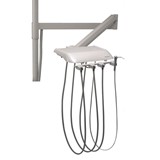In July, Kathy Jones of Glen Alpine joined a University of Western Sydney randomised clinical trial of supervised resistance training or weight lifting. She had never lifted weights before and never been to a gym.
Sixteen weeks later, under the supervision of researchers, she lifted the equivalent of more than her own body weight - 75kg - in a dead lift any athlete would be proud of:
Researchers hope her lift pumped up not just her muscles and self esteem, but also her immune system and her ability to fend off infections and perhaps her cancer recurring.
The ongoing clinical trial is testing the effect of regular resistance training sessions on natural killer cell activity and related health outcomes in breast cancer patients.
Natural killer cells are specialised cells within the immune system that work to eradicate cancerous and virus-infected cells and tumours.
Principal researcher and doctoral student on the trial, Mandy McKee, said women with breast cancer have low natural killer cell activity caused by the cancer itself and treatments such as chemotherapy.
"Natural killer cells help prevent cancers from spreading or re-occurring. They are very important to prevent relapses in patients," McKee said.
Dr Bob Cheema, from the UWS School of Science and Health and research supervisor on trial says previous studies have shown that aerobic exercise, for example cycling or walking, can boost natural killer cell activity. However, to date, there has been no exploration of the effects of resistance training.
Dr Cheema says resistance training is a particularly important form of exercise for women recovering from breast cancer treatment given its potential to improve many health outcomes, including muscle mass, strength, bone mineral density, range of motion, self esteem, quality of life, and the ability to perform daily activities.
Kathy was diagnosed with breast cancer last year, and had surgery to remove the cancer in November 2011.
"Some people were telling me that after the operation I would no longer be able to use my arms as well as I could before the surgery. I was worried about how this would affect my daily life," Kathy, a 50 year old school teacher from South Western Sydney, said.
McKee says overcoming the fear of using the affected arm is a big challenge for many breast cancer patients.
"Our trial is designed to provide close supervision and support for participants. Most people are very unfamiliar with weight lifting and it can be daunting, especially after surgery," McKee said.
"However, there is growing clinical evidence that exercise following breast cancer surgery is beneficial. This pilot trial seeks to find out if the physical benefits of lifting weights are matched by biochemical benefits. This is the first study to track the effect on the immune system."
If proven successful, resistance training exercise could become an additional defence for breast cancer patients against opportunistic infections during radiotherapy and chemotherapy and in the long term; help prevent the recurrence of cancer by boosting natural killer cell activity.
In Australia, 15,000 new cases of breast cancer are diagnosed each year and the number continues to grow each year. The 5-year survival rates are increasing but mortality rates remain high.
Kathy says before her diagnosis she wasn’t fit and didn’t do any regular exercise except for some walking.
"After my diagnosis I was keen to be proactive with my health, to strengthen myself - my bones, my immune system and my whole mind and body," she said.
"The trial gave me the chance to build my fitness and my confidence using exercise equipment. It was like having a personal trainer free of charge."
Kathy, like the other women in the trial assigned to the resistance training group, attend three fully supervised and tailored training sessions of 60 minutes each at the UWS Campbelltown campus each week for 16 weeks.
All women in the study have blood samples taken to measure their natural killer cell activity as well other measurements of health and fitness.
"Today I feel stronger. Mowing the lawn, carrying shopping and other physical tasks feel much easier. I can hang out the washing without it hurting," Kathy said.
"Doing 75kg dead lifts and lifting more than my own weight was amazing. I’m blown away by my ability to lift weights that I would never have contemplated lifting before the trial.
"Breast cancer changed my whole life but after completing the clinical trial and lifting my own weight I now feel my life has changed again...for the better. Even without knowing the trial results I can tell I’m stronger, my overall fitness is improved and I’m more self confident.
"I’m now going to the gym three times a week."

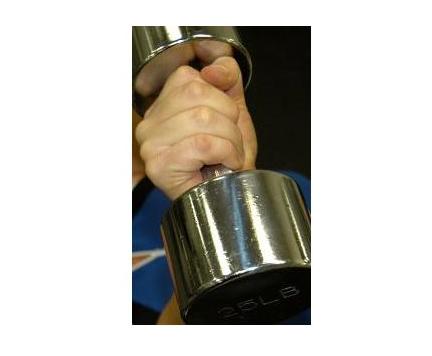
-160x160-state_article-rel-cat.png)



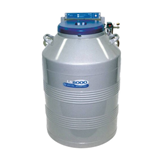






-160x160-state_article-rel-cat.png)



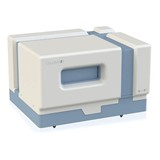

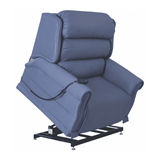




-160x160-state_article-rel-cat.png)

